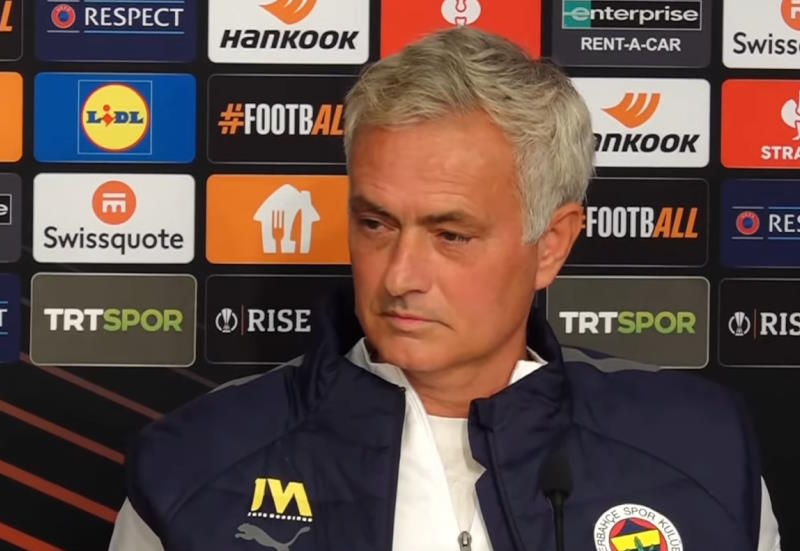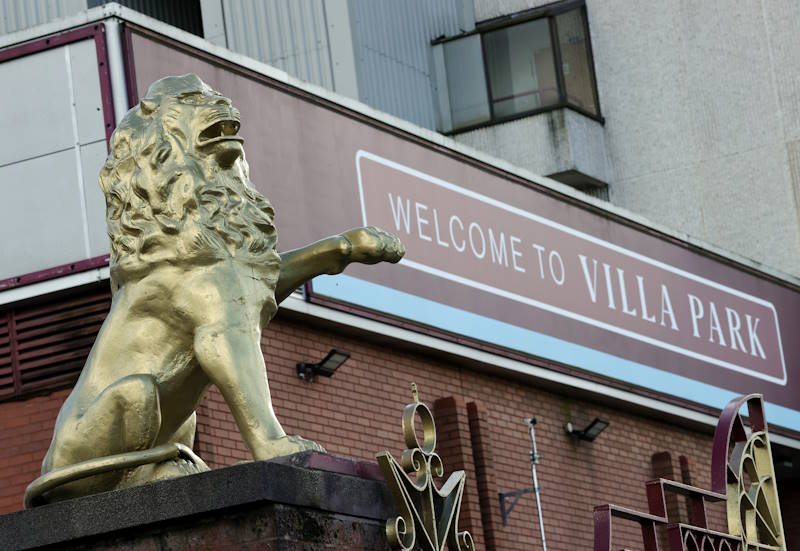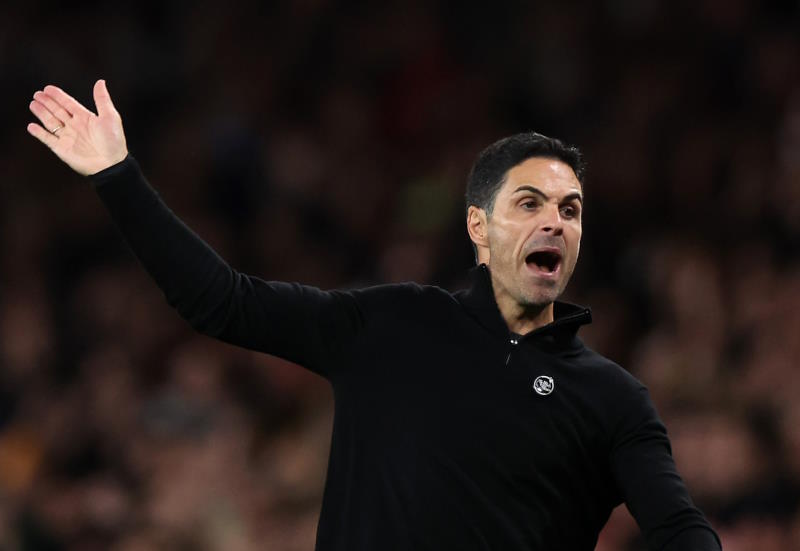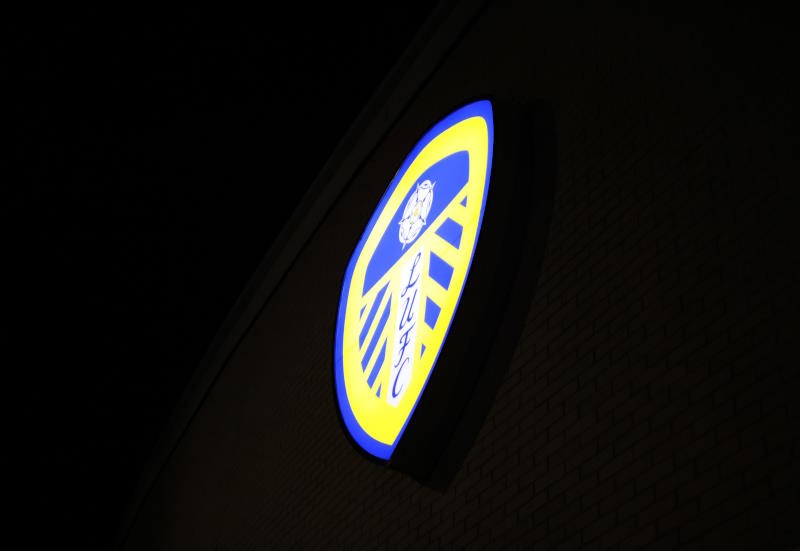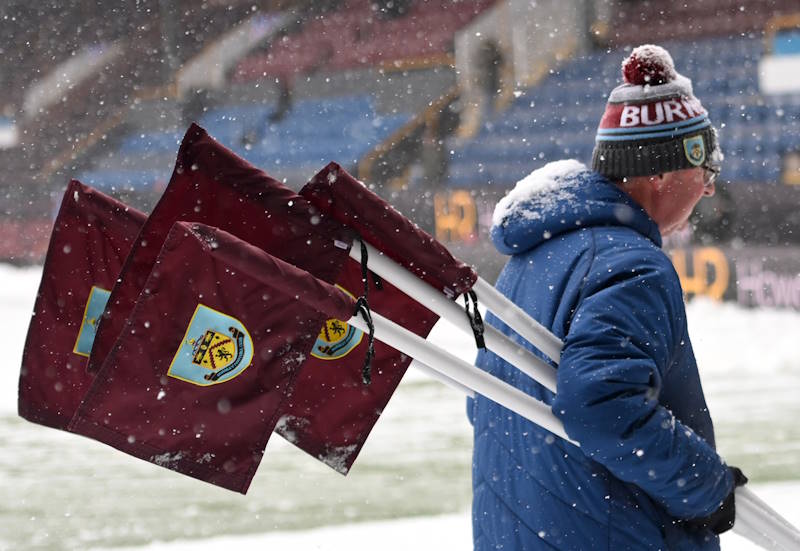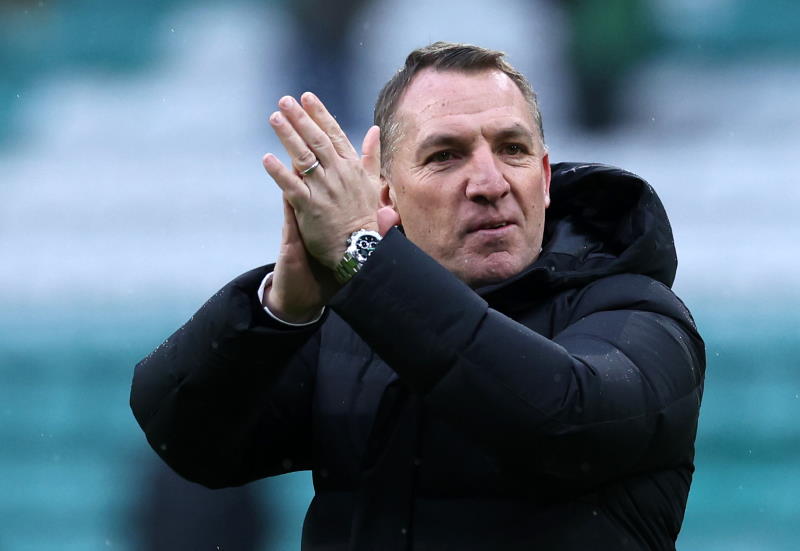Artem Chobanian
VALERYI LOBANOVSKY
January 6, 1939 — May 13, 2002
Kyiv, Ukraine
PART II
COACH
At the age of 29 Valeryi Lobanovsky became the head coach of Dnipro from Dnipropetrovsk, then a club from the First League. Within a year the talented coach promoted his team to the Vyscha Liga (Premier League) and they ended the season in sixth place! This great advance was noticed by the head executives of the Soviet Sport Committee and they invited the young coach to Kyiv. There Lobanovsky was offered the position of Dynamo Kyiv head coach. Thus, in 1973 Valeriy Lobanovsky became at the head of Dynamo.
Immediately he called his former teammate and friend Oleh Bazilevich, who was working with Shakhtar Donetsk, and asked Bazilevich to join him at the wheel of the Dynamo machine. Bazilevich was happy and agreed immediately.
From this tandem, Lobanovsky-Bazilevich, people expected only victories and the former great players proved their ability to win everything. They offered an absolutely new kind of training sessions, invented a new type of attacking play, long before the Netherlands team showed “total football”, both with Dynamo and the national team.
In 1975 Dynamo Kyiv became the first Soviet team to win an international competition, the UEFA Cup. They defeated Bayern Munich with supreme Franz Beckenbauer at his peak in defence. Soviet footballers played brilliantly and this was the period when the world learnt of a new star — Oleh Blohin.
The international organization of sport periodicals called Dynamo the best team of the year and Lobanovsky the best coach. Dynamo’s players were also the foundation for the national team, but Lobanovsky couldn’t replicate his success. The team played wonderfully, surprising opponents with new ideas and formations, but then lost unexpectedly to teams the Soviets simply had to beat. Lobanovsky was sad, but understood that one team and the same players could not win everything.
Soviet sport executives soon decided to replace Lobanovsky. We are not going to dwell on the bureaucracy and unbelievable cruelty that reigned in the high places of Soviet sport and the government, but the “well-wishers” lost the battle.
However, all those hardships suffered so far in his coaching career made Lobanovsky stronger and gave him time to think of a new “total” approach to football. He took a break to establish a new strategy and concentrate on Euros and World Cups. Winning just by the way several USSR championships, Lobanovsky was spending years over his note books and on the training pitch trying to explain his new method to the players of the club. He tortured his footballers with hard training sessions and showed how they should play according to his new schemes.
Lobanovsky was back as national coach when the USSR national team shocked the world with their performances in the 1986 World Cup when they wiped their opponents like crumbs from a table. Of course, there was almost no doubt Argentina would win the competition, but many pundits still think there was one team that could have stopped Maradona and his teammates — the USSR. We can only guess how World Cup history would look had these two met, but the Soviets lost in a game where everything seemed to go against them in some supernatural way. Players and fans were also adamant that even the referee was against them! They were smashing Belgium, and then somehow they lost the game. A 4-3 defeat in extra-time was a bitter pill to swallow, especially as the Belgians reached the semi-finals where they met Maradona’s Argentina.
The shock was very strong. In fact that was the beginning of the end for the Lobanovsky era in the Soviet football. However, this strong man didn’t want to surrender.
Lobanovsky didn’t want to give his players any rest after the 86 World Cup. He forced them to spend their lives at the stadium and training bases. That kind of attitude bore fruit at Euro 88. After 1986 World Cup the Soviet team were among the favourites for the competition. Lobanovsky made his team even stronger, though the pre-Euro matches showed the USSR players were not the ones all other teams had been afraid of two years ago. Many felt that the USSR would fail in the upcoming Euros, the tournament proved how wrong they were!
The pressing game Lobanovsky’s team forced on their opponents was often unbearable. The footballers played like robots and denied any team they faced the space to play. After the semi-final against Italy, the Italian coach Enzo Bearzott, who had led his team to victory in the 1982 World Cup, entered the Soviet dressing room to thank the players for the game. He said, “I have been convinced again that you are a great team! You guys played at the speed of 100 km per hour! That was fantastic! The way you play is the demonstration of the highest level of mastery!”
Looking back at those times, we can understand just how great a genius Lobanovsky was. In 1986 just before the World Cup, Dynamo Kyiv won their second UEFA Cup in brilliant fashion defeating Spanish side Atletico Madrid in the final with an air of extreme superiority. During the period from 1982 to 1988 Lobanovsky held many training sessions in Italy and one of the greatest coaches of all time, Fabio Capello, took lessons from Lobanovsky, carefully writing down every details of the great mans training plans. When Lobanovsky died in 2002, Capello could not attend the funeral, but sent a telegram saying he grieved over the death of one of the best teachers in the history of football. Those were and are true words.
The former Dynamo players used to say that they never doubted anything Lobanovsky said, despite the fact that many of them admitted how much they groaned and cursed at their coach during the training. In the late 70s Mihail Fomenko, one of Dynamo’s players, started taking down notes whenever Lobanovsky was coaching. That was the first time that his one of his players had decided to learn directly from him.
After Fomenko many players began scrupulous analyses of Lobanovsky’s work. The great master didn’t hide anything. He used to say: “There’s no coach so great without the players he works with. And it’s the ultimate pleasure to share what you know and see the results of your teaching.”
Unfortunately, it was around this time when the Soviet Union sport administration were envious of Lobanovsky. They refused to accept his coaching methods, lied about him in the press and did everything within their power to destroy him. Two times he was sacked from the position of the head coach of Dynamo and the national team with the threat that he would never coach again, not even with youth teams. That was the USSR we knew and remember: silly and destroying everything that is not “the way it has to be”! However, Lobanovsky was not one of the many. He accepted the whims of Soviet sport administration close to the heart, but understood he would be needed again. He was right. Again and again the same administration invited Lobanovsky to head the national team and help Dynamo win the championship.
After Euro 88 Lobanovsky had some minor operations and went to have a rest in Kuwait. There he was offered the chance to head the United Arab Emirates national team. He was waiting for the USSR administration to extend his Dynamo contract, but they didn’t. So, Lobanovsky left his “children” and started a long coaching career in the UAE and then Kuwait.
In the middle of the 90s, after independence from Russia, Lobanovsky was invited back to Ukraine and was offered the chance to take charge at Dynamo Kyiv once again. The great master cheered. His work in the Middle East was successful, but he was already dreaming of returning. He hadn’t been able to do so at once because the political and economic situation in the former USSR was unstable. When Lobanovsky came back nobody expected miracles from him again, he was just asked to help the club achieve good results in the domestic championship and in Europe.
But Lobanovsky could never just be average. He came, he saw, and he conquered. All of Europe applauded him and his players in the second half of the 90s. Of course, it all began when in 1996 a new star appeared — Andriy Shevchenko.
The team burst into life with Lobanovsky at the helm. Dynamo defeated the greats of European football in a way nobody expected from an Eastern European team.
They smashed Barcelona 0-4 in the Camp Nou, and 3-0 in Kyiv. After the first match, the Spanish in the stands rose to give a standing ovation to honour the fantastic performance from Lobanovsky’s team. Luis van Gaal, then coach of Barca, didn’t shake hands with Lobanovsky, saying that Dynamo were simply lucky to beat them and that teams such as Dynamo shouldn’t stand in the way of clubs like Barca. Everybody in Ukraine was offended by van Gaal’s comments. Only Lobanovsky was calm. He said, “We proved we were better and we’ll beat them again to show our victory at Camp Nou wasn’t just an accident”
In Kyiv Dynamo left no-one is any doubt as to who the superior team were as Barca were beaten 3-0. Van Gaal was shocked. After the final whistle, Lobanovsky came up to him to shake hands. Van Gaal had to respond, but he left the stadium without saying a word. Later this wonderful coach offended Dynamo again, saying that they would never be recognized by the European football community. Time proved he was wrong.
After such an impressive victory Dynamo were on the march. They defeated Real Madrid, Newcastle United and many other prominent clubs of that time. They did it leaving no chances for rivals to survive. In 1999 Dynamo went through Europe crushing opponents in the Champions League and were only stopped in the semi-final by Bayern Munich. At the end of that season Dynamo were ranked fifth among European clubs, after Lazio, Bayern, Manchester United, and Barca. When Lobanovsky took over at Dynamo the club were ranked 115th.
1999 was the time of highest peak for Dynamo and at the same time the beginning of their decline. Shevchenko left the club joining AC Milan to continue his brilliant career, Kaha Kaladze was invited to that same club two years later, Sergei Rebrov went to Tottenham Hotspur and various other players departed. Lobanovsky had to build a new team with new young players. He was full of desire to do so, but his health began to let him down.
In 2000 Lobanovsky had a heart attack, then some minor, but numerous, problems with his head, and thus he couldn’t pay too much attention to his new players. Most of the time he spent in hospitals all over the world. Since the year 2000 everything went wrong. Lobanovsky’s health, Dynamo’s fall and players not good enough to replace Shevchenko and Rebrov. On 13th May, 2002, during one of the last matches of the season Lobanovsky had a heart attack and died on the way to the hospital.
To understand how great Valeriy Lobanovsky was you have to visit Kyiv and see the monument to this wonderful person for yourself. To look at the monument it is like he is still alive, and for many people in Ukraine he always will be.




